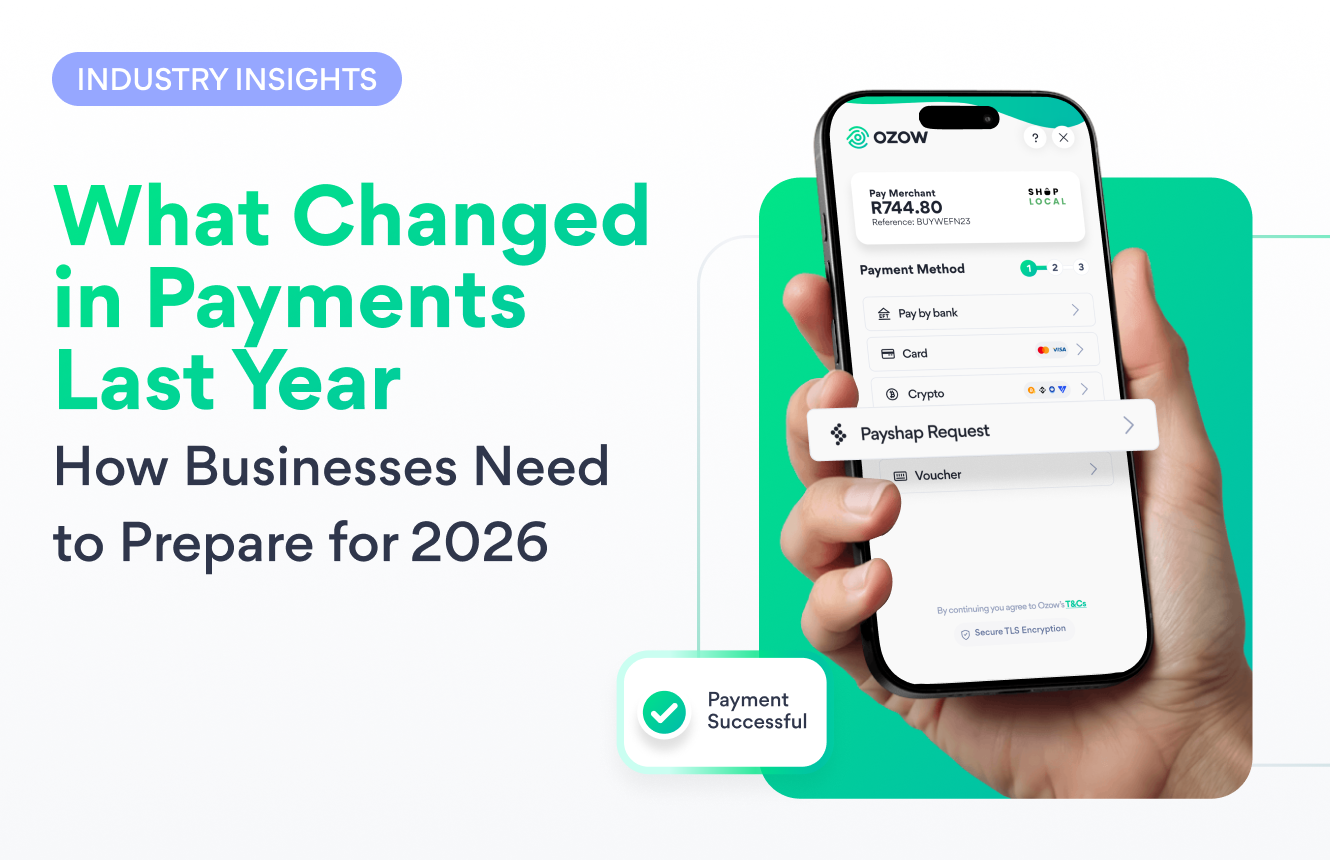
Society is constantly evolving, and technology is evolving with it. These days everything seems to be going electric, wireless, or digital. And soon, the way you transact will follow suit with the move toward cardless payments.
That said, going without your card doesn’t mean you have to go without your money. It’s simply a safer, faster, and more convenient alternative. To really understand this move though, we need to look at how we got here in the first place.
In the beginning we had the barter system which then progressed to a tokenized way of trading value for services – in other words, cash money. That traditional way of spending fast became outdated with the emergence of transacting with a card. However, that too is on its way out thanks to cardless payment options.
These alternative payment processes are fast becoming the go-to option between businesses and their customers, for many reasons. Primarily they provide customers and merchants with a convenient way to transact, but they also have a smaller environmental footprint.
The trouble with plastic
Globally, over 6 billion cards are issued each year by banks. These cards are made of PVC and other harmful materials which aren’t biodegradable and take up to 400 years to break down. Even then, the harmful materials remain hazardous to the environment. It also takes up to 30 000 tonnes of plastic to make these cards and despite efforts to recycle them, the majority still end up in our landfills – 5.5 million of them to be exact.
As of September 2019, more than 80 million bank cards were in circulation in South Africa alone. 17 million of which are South African Social Security Agency (SASSA) cards. While clearly not good for the environment, this statistic also speaks to the issue of needing to adopt a different mindset toward cardless transactions.
Thankfully this shift towards cardless payments is supported by the Payments Association of South Africa (PASA). “While cash has its place in the National Payment System, speedy and ubiquitous digital payments promise financial inclusion to all South Africans,” says Ghita Erling, the CEO of PASA.
“We would love to see greater collaboration and coordination between government and private entities” mentions Erling.
This collaboration would allow many unbanked consumers to still be able to utilise cardless facilities, lessening their individual impact on the world around them.
And while it might seem like the harm of card facilities stops at the physical card, it also extends to various other factors. Card machines, ATMs, energy usage, and till receipts play their part as well. It’s estimated that in the US alone, paper receipts used 12.4 million trees and emitted 4 billion pounds of CO2. That’s not considering the other environmental impacts of the deforestation that occurred.
The world of digital payments
While these figures might be daunting, the societal change to cardless processes are shifting in the right direction. Methods such as contactless payments and QR technology as well as online and mobile banking are becoming the way of the world. To date, roughly 22 million South Africans have access to a smart device allowing for the usage of these alternative payment solutions. By utilising these modern systems your carbon footprint and the reliance on traditional payments lessens.
These systems don’t only benefit individual users, and our planet, they’re also beneficial to SMEs as they offer better financial returns. According to a study by the IZA World of Labour, by giving their customers alternate ways to pay (that weren’t the standard cash or card) businesses have seen an increase in profitability, while allowing for better client retention.
What we do to help you
At Ozow we’ve helped countless South Africans gain access to alternative payment systems. This has allowed for more people to actively participate in the digital economy and make use of the safety and convenience of digital payments.
We've done this by leveraging our technology and consumer insights to offer these solutions to both customers and merchants. For individual users, we offer better, safer access to virtual methods of handling money. For businesses and budding entrepreneurs, we have a range of products to help you and your clients transact. And our systems allow you to service new clients while retaining old ones. All of this is done virtually, with no paper or plastic needed.
Our payment methods are also in line with the future of payment systems. We allow you to pay via QR code, SMS links, or by selecting us as your payment method upon checkout. Meaning you can wrap up your payment in seconds.
For merchants, our refund ability allows you to process refunds with a few clicks of a button and you can action the refund process without having to request any extra banking information from your clients. This helps you save time, which in turn saves you money. It also follows environmental best practices as paper and energy usage lessens.
So, not only are Ozow’s products and payment methods innovative, they exist to help you become a more conscious shopper or merchant. But above all remember: cardless doesn’t mean you’re cashless.
If you’re a business looking to take a step toward the future of digital payments, talk to us at sales@ozow.com.
Citations
-
Staff Writer








